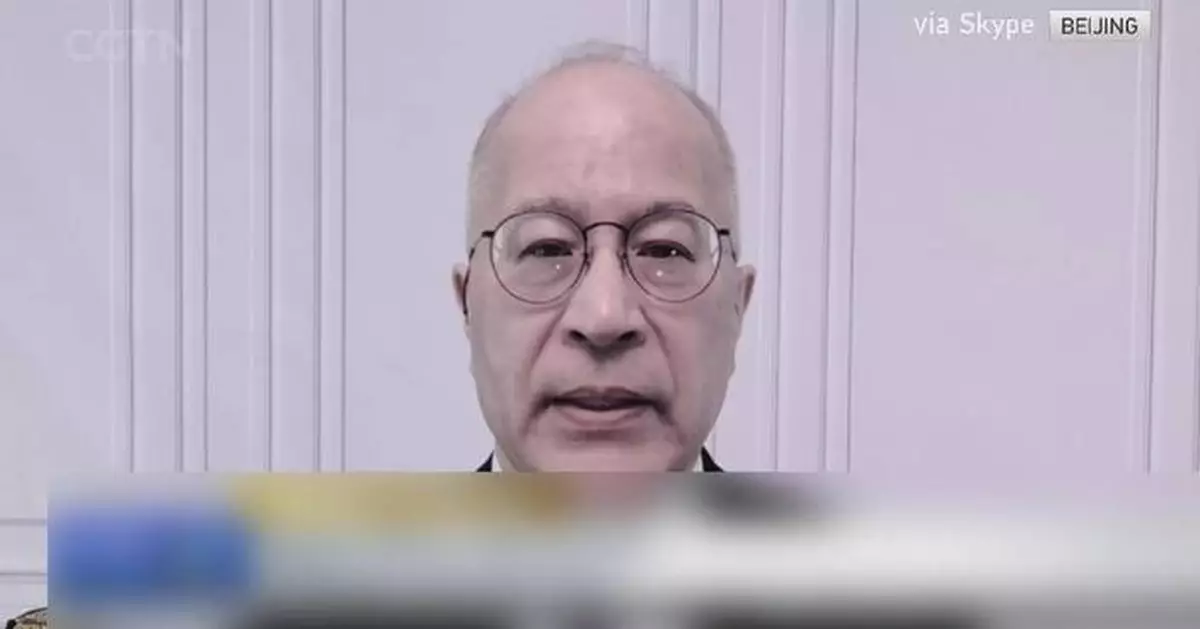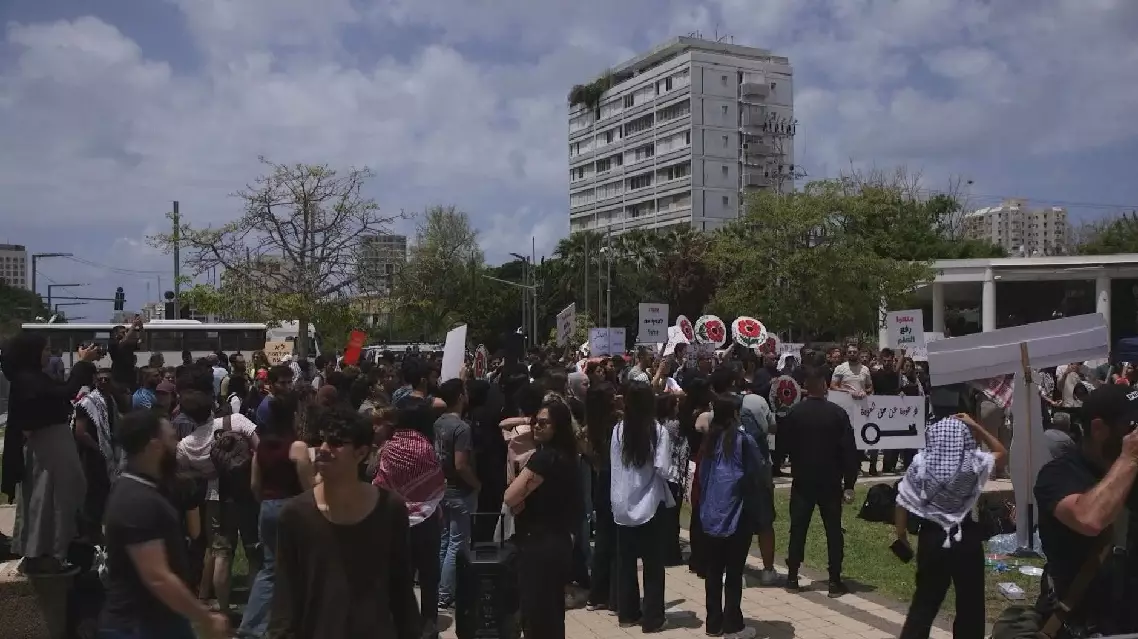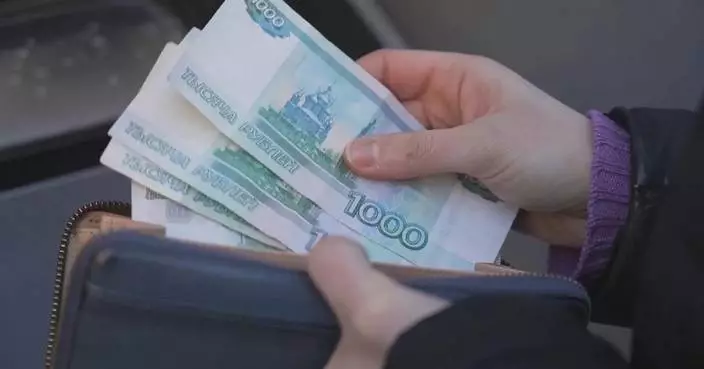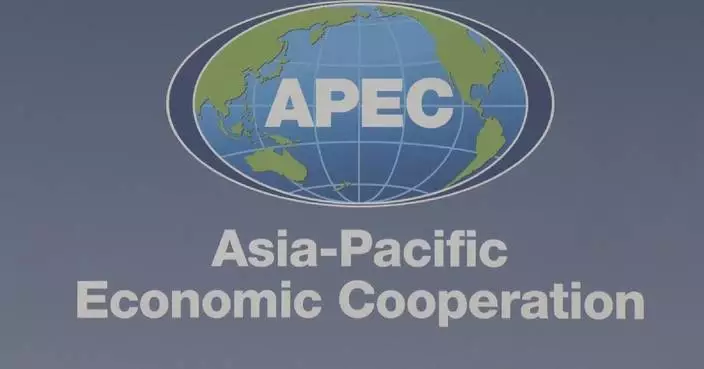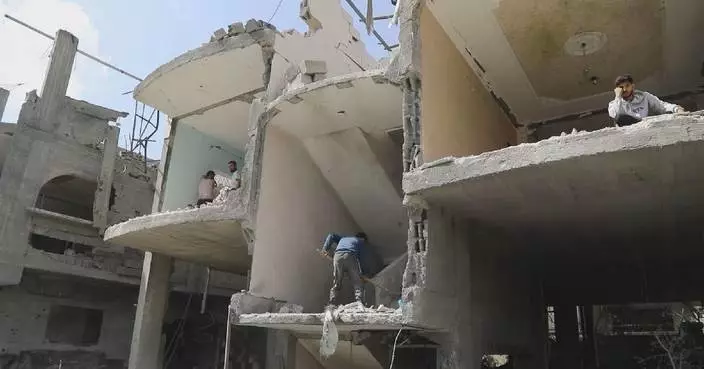The U.S. President Donald Trump's tariff measures will only depress investment and create more uncertainty, an American political and economic affairs expert said in Beijing.
On Friday, Trump said he is open to negotiating with countries seeking to avoid U.S. tariffs but emphasized that talks will only begin after April 2, possibly after the announcement of additional tariffs.
Einar Tangen, a senior fellow at the Beijing-based think tank Taihe Institute, pointed out that Trump is using tariffs as bargaining chips to threaten other countries, in a Skype interview with China Global Television Network (CGTN) on Sunday.
"How many years have we heard the narrative that you cannot depend on China? That they'll use their economic heft to somehow corner you. Now it appears it's the U.S. that is the real danger,” said Tangen. “Trump's tactics have remained the same, but the world has changed. Trump is playing poker collectively, and his opponents have better cards. If they call his bluff, it's going to be over for him. Taking on the entire world was a mistake. Bullies usually focus on weaker opponents, using them as examples to frighten others."
Starting with steel, aluminum, and cars, and potentially extending to pharmaceuticals and wines, Trump claims he will secure all possible trade advantages for the U.S. The president argued that these tariffs would encourage more production to relocate to the U.S., generate new government revenue, and help reduce the national debt.
Tangen believes Trump's trade actions are a form of bluffing and will ultimately harm the U.S. economy and increase global uncertainty.
"He is bluffing. What he's doing is taking money out of American consumers' pockets, and he thinks he can dole it back to them, and they'll be somehow thankful. The U.S. has vulnerabilities in terms of inflation and collective tariff retaliation. Trump is taking money from one side, his own taxpayers, and then he thinks he can give it back to them as tariffs and that this will somehow be welcome. His effort to control the economy and reindustrialize America will only depress investment and create more uncertainty," said the senior fellow.
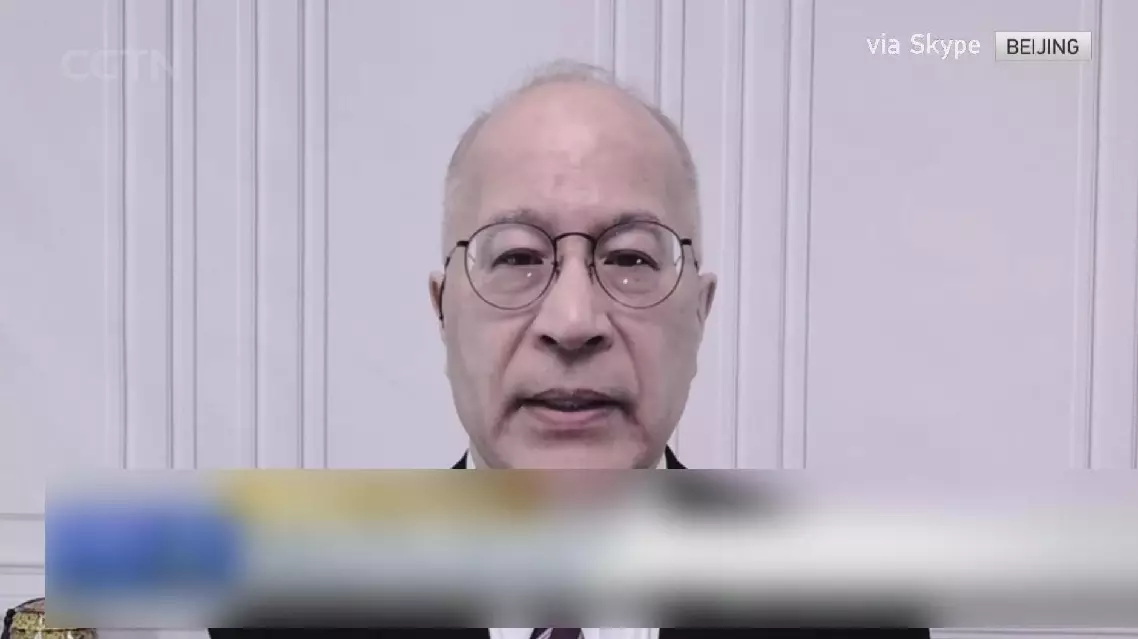
Trump's tariff measures will depress investment, increase uncertainty: expert
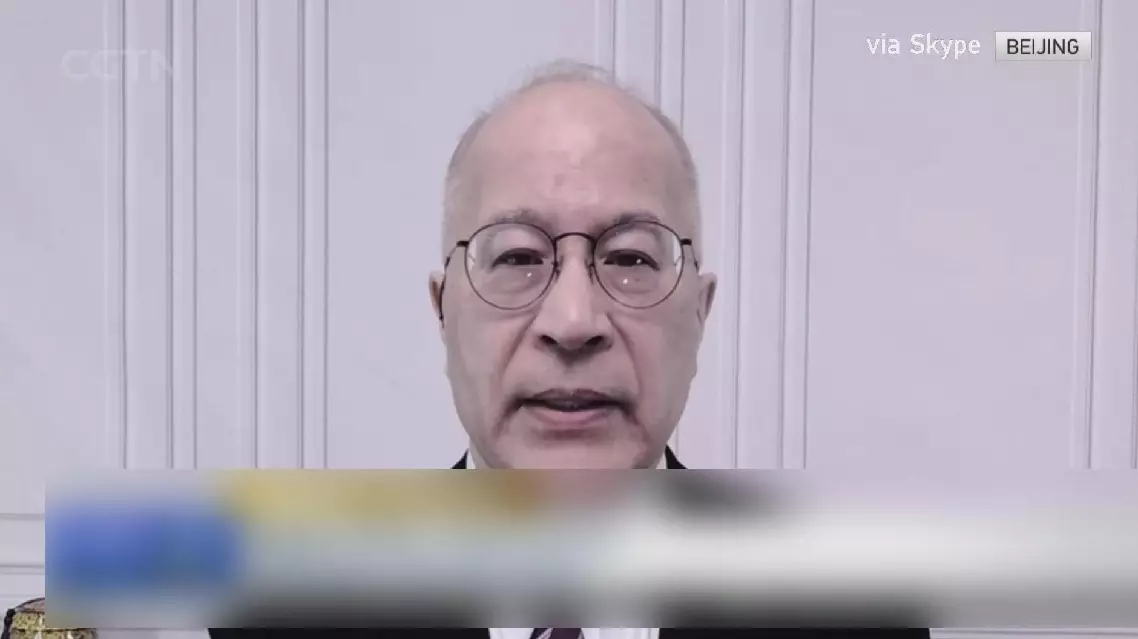
Trump's tariff measures will depress investment, increase uncertainty: expert


